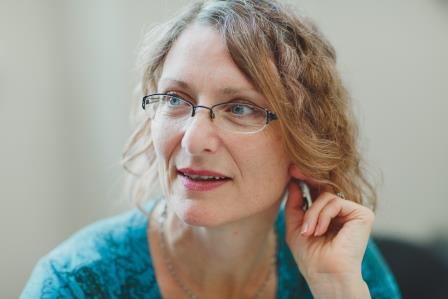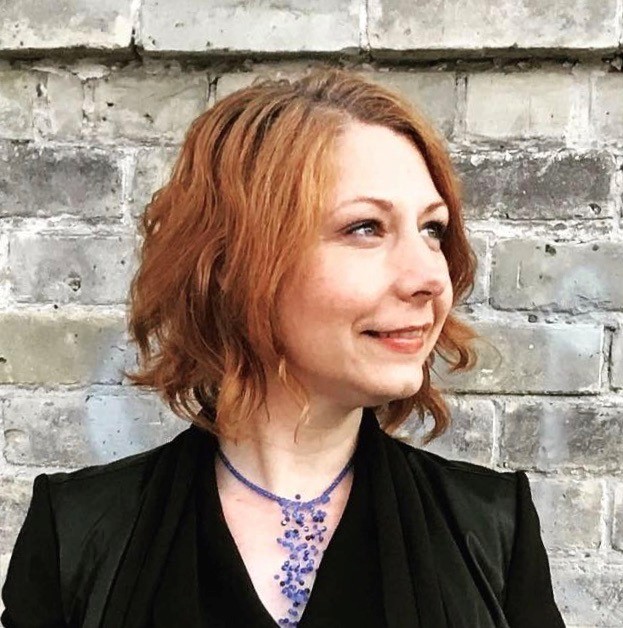
By
Patty Douglas and Sheryl Peters
April 2022
Print Version
What you need to know
Decolonizing Stories of Autism in Education is a narrative interviewing and multimedia storymaking initiative that brought together Indigenous and settler researchers and activists from Canada, New Zealand and the UK to make space in educational research for alternatives to Western biomedical deficit stories of autism and research. The initiative, led by Brandon University researcher Patty Douglas, focused on decolonizing autism research in education by decentring Western Enlightenment understandings of autism as delayed or disordered development and of research as located in disinterested objectivity, and by holding space for Indigenous understandings of autism. The collaboration is also mobilizing videos made on the project in professional development forums and public talks with educators, family, and practitioners to shift Western deficit-oriented educational practice.
Why this research is important
The complex parallel histories and intertwinings of Western ableist and colonialist education systems, discourses, and practices generate ongoing interference in autistic and Indigenous ways of being, communities, and worldviews. Ableism refers to the way in which systems value and privilege able-bodiedness/able-mindedness. For example, in settler colonial contexts like Canada and Aotearoa (New Zealand), Indigenous autistic children are often misdiagnosed with a fetal alcohol spectrum disorder or behaviour disorderthus excluded from autism supports. Child welfare systems apprehend Indigenous disabled children at higher rates, and Western biomedical disability labels code mental and physical differences as deficiency and stream Indigenous disabled children into segregated, often inferior remedial educational programs that aim to ‘fix’ or contain differences. Educational research on autism continues to often exclude the perspectives of autistic people. At the same time, very little exists on decolonizing autism research in education. Centering Indigenous and autistic perspectives is critical to challenging colonial ableist systems and collaboratively forging a path in education toward decolonization and self-determination with Indigenous autistic individuals, family members, and communities.
How the research was conducted
With collaborators from Massey University and our affiliate, the Re•Vision Centre for Art and Social Justice at Guelph University, Ontario, we conducted a 4-week online multimedia storymaking workshop with 16 Māori and settler autistic people, family, and educators across Canada, Aotearoa, and the UK in May-June 2021. The workshop series brought together people who wanted to make perspective-changing multimedia stories focused on our workshop theme of decolonizing stories of autism. Community-based Māori research facilitators Dorothy Taare Smith and Bernadine Wastney were ‘on the ground’ in Aotearoa to help recruit and support participants and facilitate storymaking. Videos from the workshop series amplify Indigenous perspectives of autism/takiwātanga (the Māori word for autism meaning ‘in our/their own space and time’) as infinite uniqueness and gift. They also challenge Western biomedical deficit understandings and practices surrounding autism. To see sample videos, go to (https://www.restoryingautism.com/decolonizing-stories-of-autism) and type in the password ‘decolonizing’.
What the researchers found
Themes emerging from narrative interviews and digital stories include: (1) Indigenous understandings of each child as unique and a gift to their community, and of difference as basic to the world, challenge Western biomedical deficit understandings and remedial practices surrounding autism as delay and disorder; (2) a ‘rub’ between Western individualism and its expression in global north disability activism that often values autonomy over and above family and interdependence—and the centring and valuing of whānau (family) and relationships with kin, community and the land as a living entity in Māori and other Indigenous cultures; (3) parallels between histories of colonialism and ableism (e.g., institutionalization) as well as between autistic self-advocacy movements and Indigenous worldviews and resurgence. Autistic self-advocates argue for a re-valuing of autistic difference as a fundamental way of being human.
How this research can be used
Decolonizing Stories of Autism is a project that affirms difference as fundamental to the world. Project outputs (videos) and findings can be used by anyone, particularly by students, teachers, faculty, families, and community organizations working for justice and belonging in education in Brandon, Manitoba, and beyond. One way the project is forwarding this is through planned public talks and professional development workshops that ‘teach teachers’—educators, parents, leaders, guidance counsellors, psychologists, and other practitioners—by sharing affirming understandings of autism and decolonizing practice. Forthcoming and published results from this project will also contribute to a growing body of decolonizing research in disability, arts, and education that universities, schools, autistic self-advocacy organizations, and childhood service systems can mobilize toward changing practice and policy.
Acknowledgements
This research was supported in part by a Social Sciences and Humanities Research Council Grant (435-2019-0129).
About the Researchers
Keywords
- arts methods
- critical autism studies
- decolonizing autism research
- disability studies in education
- multimedia storymaking
Editor: Christiane Ramsey
Read more BU Research
Research at Brandon University follows comprehensive policies designed to safeguard ethics, to ensure academic integrity, to protect human and animal welfare and to prevent conflicts of interest.


